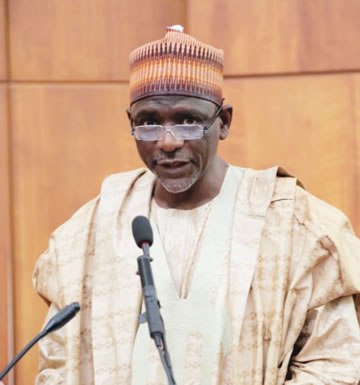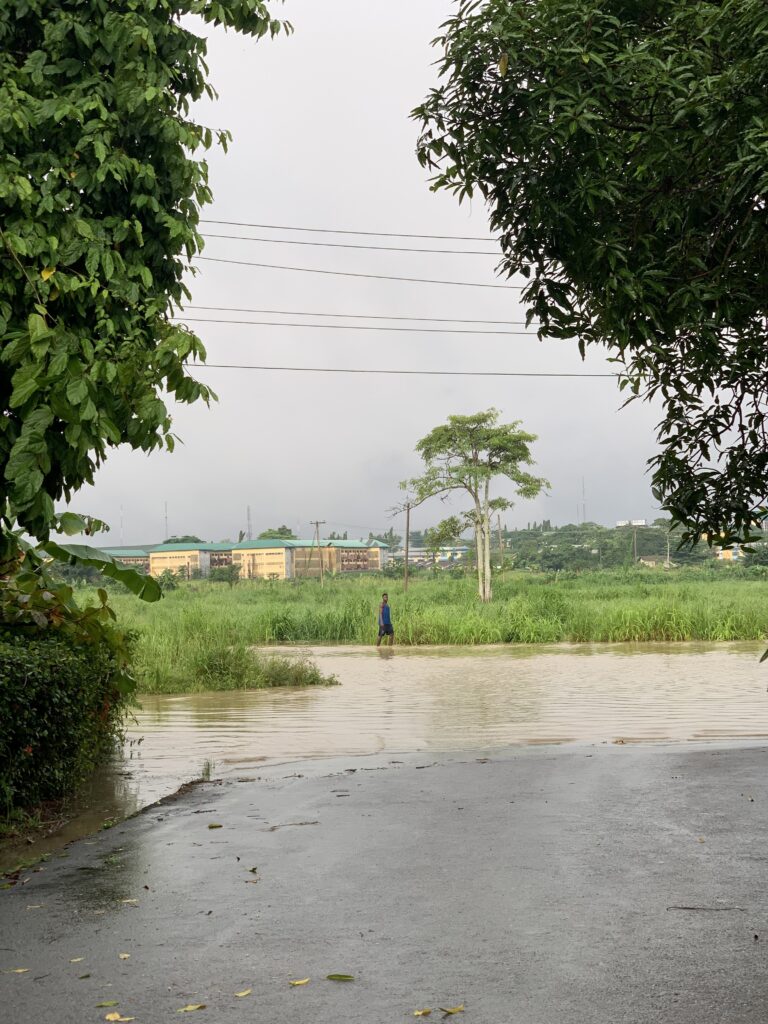
The self-regulatory standards and principles being developed by the Nigeria Network of NGO’s, when finally released, would serve as institutional framework and modu operandi for CSO’s engagement in the country.
Speaking at the consultative engagement with leaders of CSO’s and cooperative networks across seven Northwest states in Kano yesterday, NN-NGO Project Coordinator, Barr. Ayo Adebusoye, said the need for the conversation around self regulation in the activities of NGOs is pertinent to restore normalcy in the country.
Adebusoye explained that the move to design the ethical standards was part of SCALE project being funded by USAID to check capacity of CSO’s and other non-state actors to effectively carry out citizen participation and engagement without compromise.
The project coordinator emphasised that adoption of the models and lay down principles by the non-state actors will further guarantee acceptance and credibility of international donor agencies and relevant stakeholders while discharging the civil responsibilities.
Although, Adebusoye attested to possible challenges of adoption and compliance to the new policy framework across the states, the coordinator explained that the consultation meetings being held across the geopolitical zones were intended to intensify awareness create on the merits of the regulations.
“In this period, conversations around self-regulation in our sector have arisen from repeated calls for higher professional standards, increased transparency, and better synergy among CSO’s and for us.
“Presently, there is an oversupply of laws impacting on the operations of civil society and an undersupply in its awareness among operators in the sector and implementation on the part of regulators.
“The objective of the project is to expand opportunities for CSOs participation in review of legal and institutional framework for CSO regulatory policies that effect citizens participation and engagement”.
Shedding light on the self-regulation models being adopted, the Technical Coordinator of the project, Abimbola Onanuga, explained that the intent of the regulation was to elicit transparency, credibility trust, transparency and legitimacy of CSO’s businesses in the country.
Onanuga disclosed that the set guidelines for regulations will compel NGO’s to comply with provision of code of conduct, self-assessment, minimum standard for operation, information service and other set criteria.
She added that by adopting the basic regulations and other credibility test, the CSO’s eligible to foster partnership with development partners and government civil engagement.
On his part, Chairman, Kano State Civil Society Forum, Comrade Ibrahim Waiya, said the regulation will enable mutual cooperation and increase bound of operation of NGOs in the country.
While expressing readiness of Kano CSOs to adopt the draft self-regulatory framework, Waiya envisaged that the blueprint will afford uniformity and free access to CSOs to operate across boundaries.












